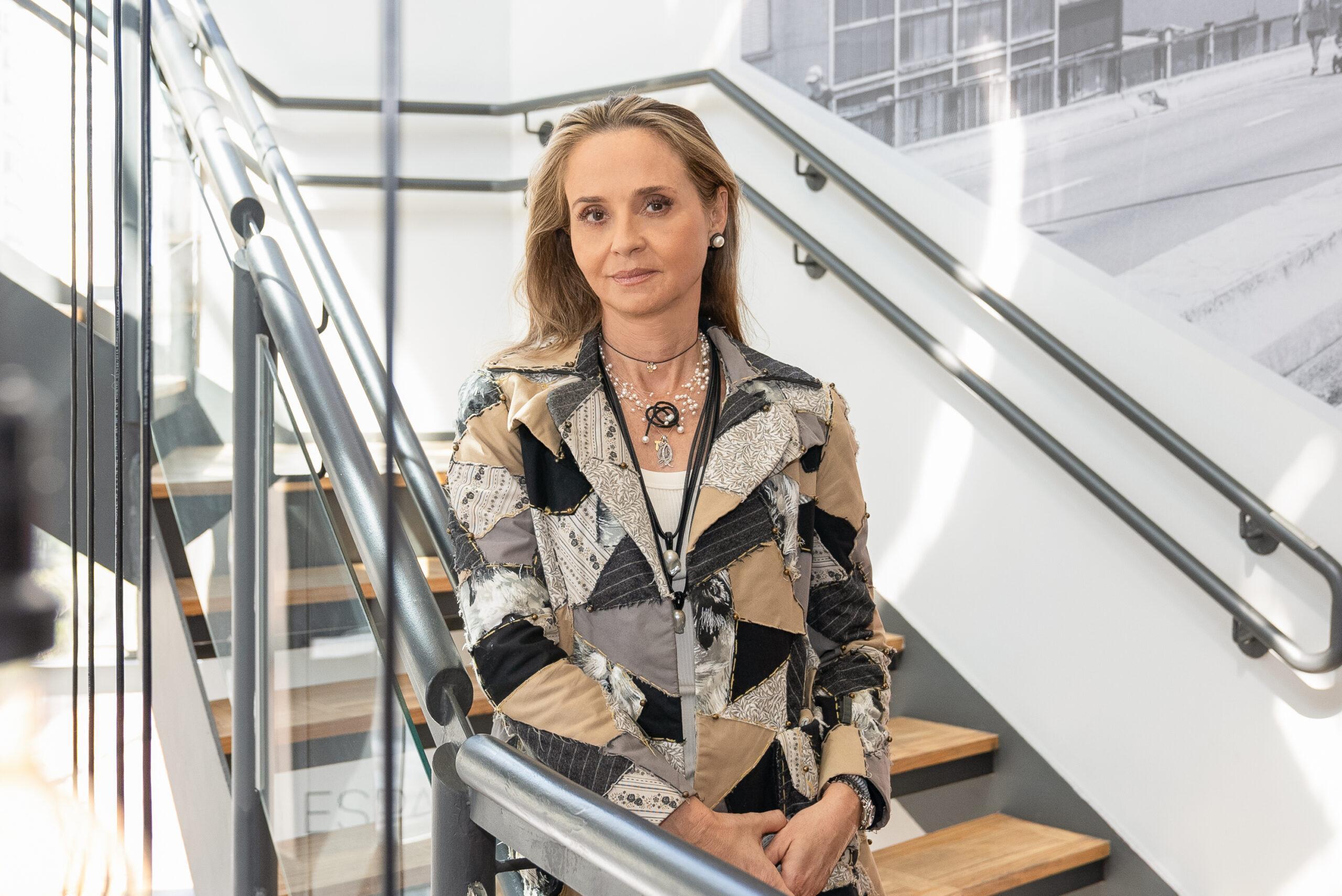On March 7, the federal government published an ordinance establishing a working group aimed at promoting the commercial development of Hemp in Brazil. Created within the Council for Social and Sustainable Economic Development—commonly known as the Presidential Council or “Conselhão”—the working group will be led by Patrícia Villela Marino, a lawyer, president of the Humanitas360 Institute, and a member of the Council.
This initiative follows a recent decision by the Superior Court of Justice, which authorized the importation of seeds and cultivation of industrial Hemp in Brazil. Hemp is a variety of the Cannabis plant family with low levels of THC (tetrahydrocannabinol), the psychoactive compound in the plant. In addition to its wide range of applications—spanning from textiles to construction and food production—hemp is also soil-regenerative, promoting environmental sustainability.
According to Patrícia Villela Marino, the working group is significant because it “materializes responsible capitalism through inclusive production with global competitiveness and Brazilian technology.” The ordinance was signed by Alexandre Padilha, former Minister of Institutional Relations, as one of his final acts in that role before taking office as the new Minister of Health on March 10. The work plan will be developed by Patrícia over the coming weeks, in collaboration with the team of the newly appointed Minister of Institutional Relations, Gleisi Hoffmann.
As Humanitas360 Institute marks ten years under the leadership of Patrícia Villela Marino, it will also take part in the Venice Biennale of Architecture, opening this May, with an installation made of Hemp. The space will showcase innovative applications of Hemp in architecture, as well as its long-standing role in human history. Archaeological discoveries dating back over six thousand years indicate that the ancient Jomon people of Japan used hemp to make tents, ropes, and textiles. The very building that houses the Venice Architecture Biennale, over 300 meters long, was originally designed in the 15th century specifically to weave the long hemp ropes used in the ships of the Most Serene Republic of Venice at the height of its naval power.
The Humanitas360 Institute is headquartered at CIVI-CO, a social enterprise that hosts a community of dozens of NGOs and impact-driven ventures. CIVI-CO has also become a hub for events related to industrial Hemp and medicinal cannabis, such as Cannabis Thinking. The same space is home to the Ficus Institute, a nonprofit organization focused on political advocacy to unlock the hemp and medicinal cannabis economy in Brazil. Another social enterprise based at CIVI-CO is Tereza, a company entirely run by formerly incarcerated women, producing high-quality textile products with unique design—and currently preparing to launch a Hemp-based collection.
All of these NGOs and social enterprises are financially supported by the PDR Philanthropic Fund, created by Patrícia, her husband Ricardo, and their son Daniel Villela Marino. The fund aims to promote causes of public interest through endowment fund management and the allocation of resources to supported institutions, in accordance with Law 13.800/19.





